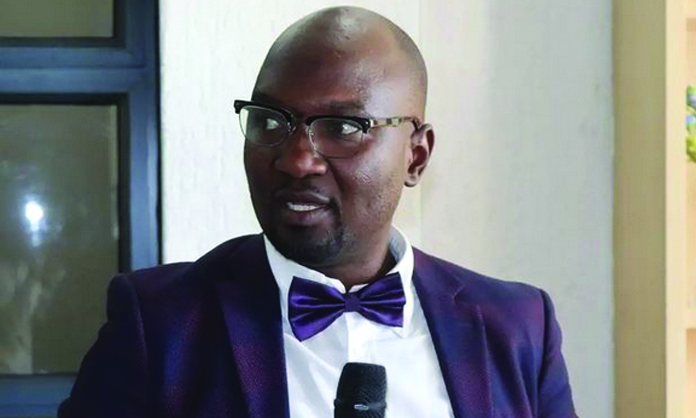The appointment of Confidence Musariri as acting managing editor at New Era has triggered concerns over government interference.
An internal email seen by The Namibian shows Musariri was seconded to drive the merger forward after the “voluntary separation” from Johnathan Beukes, who was in the same position.
Media experts have raised concerns that the Zimbabwe Newspapers Limited-styled merger of New Era Publication Corporation and the Namibia Press Agency will muzzle media freedom and increase state control in public media outlets.
Musariri’s appointment comes two weeks before the presidential and National Assembly elections on 27 November.
Namibia University of Science and Technology lecturer Phillip Santos says while the merger is being driven to save money, it also shows signs of control on behalf of the shareholder.
In Zimbabwe, the media is largely owned by the government through a mass media company called Zimpapers, which owns 11 newspapers, five radio stations, a television station as well as various online media and printing services.
“Obviously, in a democracy such as Namibia, any movement in the direction of control over the channels of public communication would be received with consternation, as seems to be the case regarding this merger,” Santos said yesterday.
He pointed out that Beukes himself raised issues about inclusive coverage and censorship through the planned merger.
“Nonetheless, broadly speaking, when inclusivity and free expression are undermined or threatened by powerful interests, commercial or political, it is concerning,” he said.
Santos said the merger could also simply be about the readjustments in the face of sustainability challenges that threaten both state and non-state media.
“But I also wonder what it is that the state would do now that they couldn’t before the merger as these entities were still state-funded,” he said.
Namibia Media Trust director Zoe Titus points out that the Cabinet approved the merger of the two institutions in 2021, citing financial imperatives and the goal of improving efficiency.
She, however, raises questions on what the overall plan is going forward regarding the organisation.
“These are critical questions that need to be addressed, especially considering the substantial cost to taxpayers without clear evidence of a return on investment,” Titus says.
She says there have already been concerns about government control in these organisations.
“Note that these institutions have been state-funded and numerous concerns regarding editorial interference have surfaced over the years. That should speak for itself,” Titus says.
She says Namibia has set high expectations when it comes to safeguarding its press freedom.
Whether or not these expectations are met depends entirely on the collective vigilance of Namibians, she says.
“We must continually raise the bar. The government remains the largest media player in the country, which inevitably influences the state of press freedom. The financial viability of media outlets is directly tied to press freedom, and this relationship cannot be ignored,” Titus says.
Namibia Media Professionals Union acting secretary general Jemima Beukes yesterday said media muzzling has already set in but the right to free speech has so far protected it.
“Muzzling the media is a rot that has long set in. This comes from Swapo’s own dictatorial playbook since before independence. The only thing that has contained them so far is that Namibians have never relinquished their right to free speech, not during the extermination period, not during the colonial era, and not in the present day,” Beukes said.
Meanwhile, in separate statements, the Ministry of Information and Communication Technology and the Namibian Presidency deny any attempts to muzzle media freedom.
“President Mbumba and the government he leads remain firmly anchored in the values of the Constitution, of which freedom of speech is a fundamental human right,” the Presidency says.
Stay informed with The Namibian – your source for credible journalism. Get in-depth reporting and opinions for
only N$85 a month. Invest in journalism, invest in democracy –
Subscribe Now!







